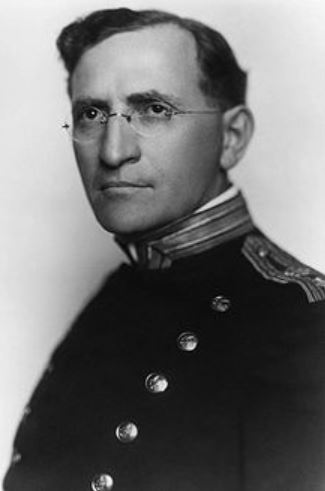![]()
Joseph Goldberger was an outstanding investigator of infectious disease outbreaks for the U.S. Public Health Service, studying the causes of yellow fever, typhoid fever, denge fever, diphtheria, typhus, Rocky Mountain spotted fever, and measles.
In 1914, he was asked to investigate an epidemic of a new disease thought to be infectious called pellagra, which was striking millions of poor Southerners.After just three weeks of observing pellagra patients in their environments, Goldberger realized that pellagra was not an infectious disease. He spent the remaining years of his life proving to a sceptical medical establishment that a proper diet prevented and treated pellagra.
Goldberger and his colleagues traced the Pellagra-Preventive factor in foods to the B vitamins, but he died of kidney cancer at age 54 before others discovered that it was nicotinic acid, or vitamin B-3, that was lacking in the diets of pellagra victims.
References:
- Joann G. Elmore and Alvan R Feinstein. Joseph Goldberger: An Unsung Hero of American Clinical Epidemiology. Ann. Intern. Med. 1994; 121:372-375. (abstract)
- Alfredo Morabia. Joseph Goldberger’s research on the prevention of pellagra. J R Soc Med 2008; 101: 566-568. (full-text)
- National Institutes of Health: Dr. Joseph Goldberge & the War on Pellagra.
- WH Sebrell: Joseph Goldberger. J Nutr. 1955.
- Joseph Goldberger’s papers at Vanderbilt University.
- Joseph Goldberger’s papers at the University of North Carolina.
